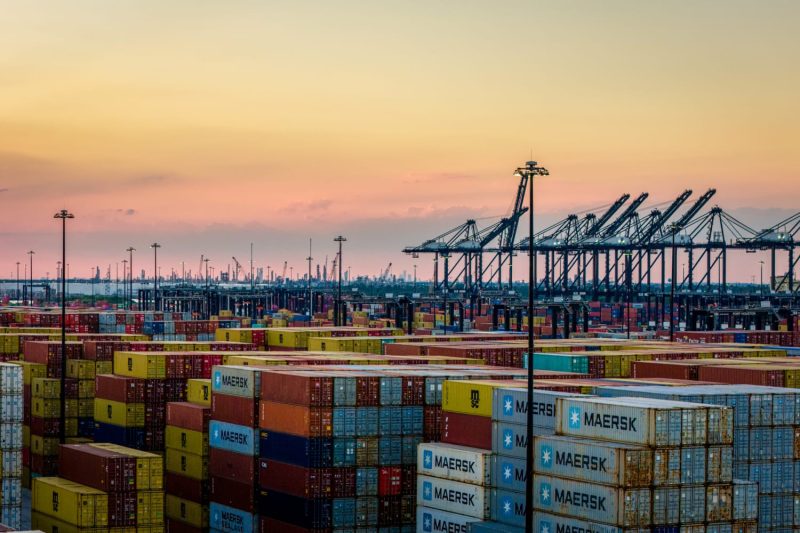
East Coast Ports Face Impending Threat from Maritime Strike
The looming threat of a major maritime strike along the East Coast could potentially disrupt operations at ports and have far-reaching implications for various industries that rely on maritime trade. The complexities and interconnectedness of global supply chains mean that any significant disruption could have cascading effects across different sectors.
Port workers are at the forefront of this potential strike, with labor unions demanding better working conditions, fair wages, and improved benefits. Negotiations between labor unions and port management have reached an impasse, raising concerns about the possibility of a strike that could significantly impact the flow of goods and services.
The port workers’ demands are rooted in the challenges they face, including long working hours, job insecurity, and low wages. These issues have been exacerbated by the COVID-19 pandemic, which has highlighted the vulnerabilities of essential workers, including those in the maritime industry.
If a strike were to occur, ports along the East Coast, such as New York, New Jersey, Baltimore, and Charleston, could experience a slowdown or complete halt in operations. This would disrupt the timely delivery of goods, leading to supply chain disruptions, increased shipping costs, and potential shortages of essential products.
The repercussions of a major maritime strike would not be limited to the ports themselves. Industries such as manufacturing, retail, and agriculture that rely on imported goods and materials would also be adversely affected. Businesses would face delays in receiving necessary supplies, leading to production bottlenecks and potential revenue losses.
Moreover, consumers could feel the impact of a maritime strike through higher prices, limited product availability, and delays in receiving online orders. The interconnected nature of the global economy means that disruptions at one point in the supply chain can have ripple effects that affect businesses and individuals alike.
Efforts to prevent a major maritime strike are underway, with stakeholders on both sides engaging in negotiations to reach a resolution. Mediation, arbitration, and other conflict resolution mechanisms are being explored to avert the potential economic fallout of a prolonged strike.
As the deadline for a possible strike approaches, the urgency of finding a mutually acceptable solution becomes increasingly critical. The stakes are high, and the well-being of thousands of workers, businesses, and consumers hangs in the balance. The outcome of these negotiations will have significant implications for the future of maritime trade along the East Coast and beyond.